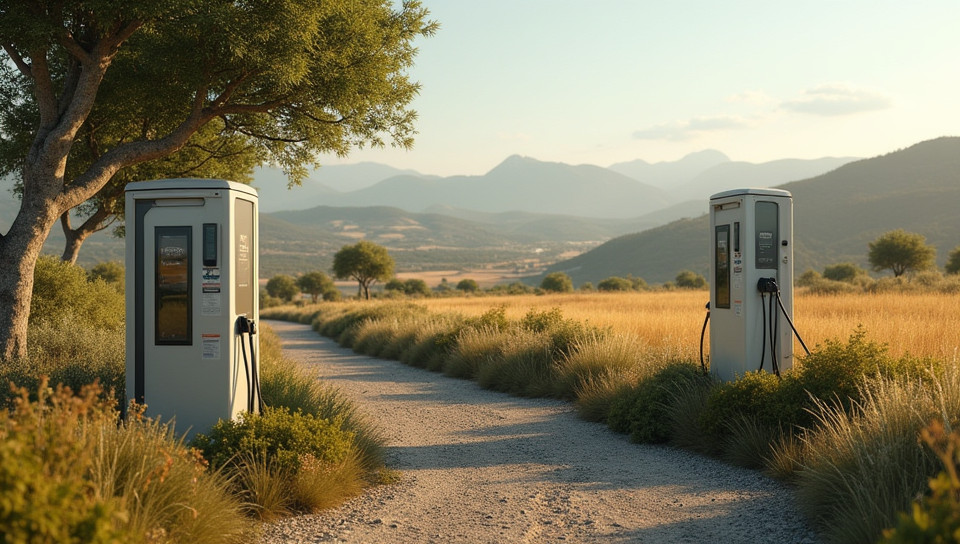Limited availability of charging stations in rural areas 94%

The Charging Conundrum: Limited Access to Rural Charging Stations
As electric vehicles (EVs) continue to gain popularity, concerns about charging infrastructure have come to the forefront. With more and more people considering switching to EVs for their eco-friendly and cost-effective benefits, one pressing issue has emerged: the limited availability of charging stations in rural areas.
The Problem
Rural communities often face significant challenges when it comes to accessing reliable and convenient charging solutions. This can be attributed to several factors:
- Lack of investment in charging infrastructure
- Limited access to resources and funding
- Inadequate planning and coordination among stakeholders
These issues contribute to a vicious cycle, where rural residents are discouraged from adopting EVs due to the perceived inconvenience and unreliability of charging options.
The Consequences
The scarcity of charging stations in rural areas has far-reaching consequences for local economies and communities. Some of these effects include:
- Reduced mobility and connectivity for rural residents
- Limited access to essential services, such as healthcare and education
- Economic stagnation due to the lack of investment in EV infrastructure
Solutions and Opportunities
While the challenges are significant, there are opportunities for innovation and collaboration that can help bridge the gap. Some potential solutions include:
- Public-private partnerships to finance and develop charging infrastructure
- Community-led initiatives to install and maintain local charging stations
- Government incentives and policies to encourage investment in rural EV infrastructure
A Call to Action
The limited availability of charging stations in rural areas is a pressing issue that requires attention and action from policymakers, industry leaders, and community members. By working together to address these challenges, we can create more inclusive and sustainable transportation systems for all.
Conclusion
As the world shifts towards a more electric future, it's imperative that we prioritize the development of charging infrastructure in rural areas. By doing so, we can unlock new opportunities for economic growth, improved mobility, and environmental sustainability. It's time to address this critical issue and create a more equitable transportation landscape for all.
- Created by: Ben Fischer
- Created at: Aug. 14, 2024, 9:16 p.m.
- ID: 7102






